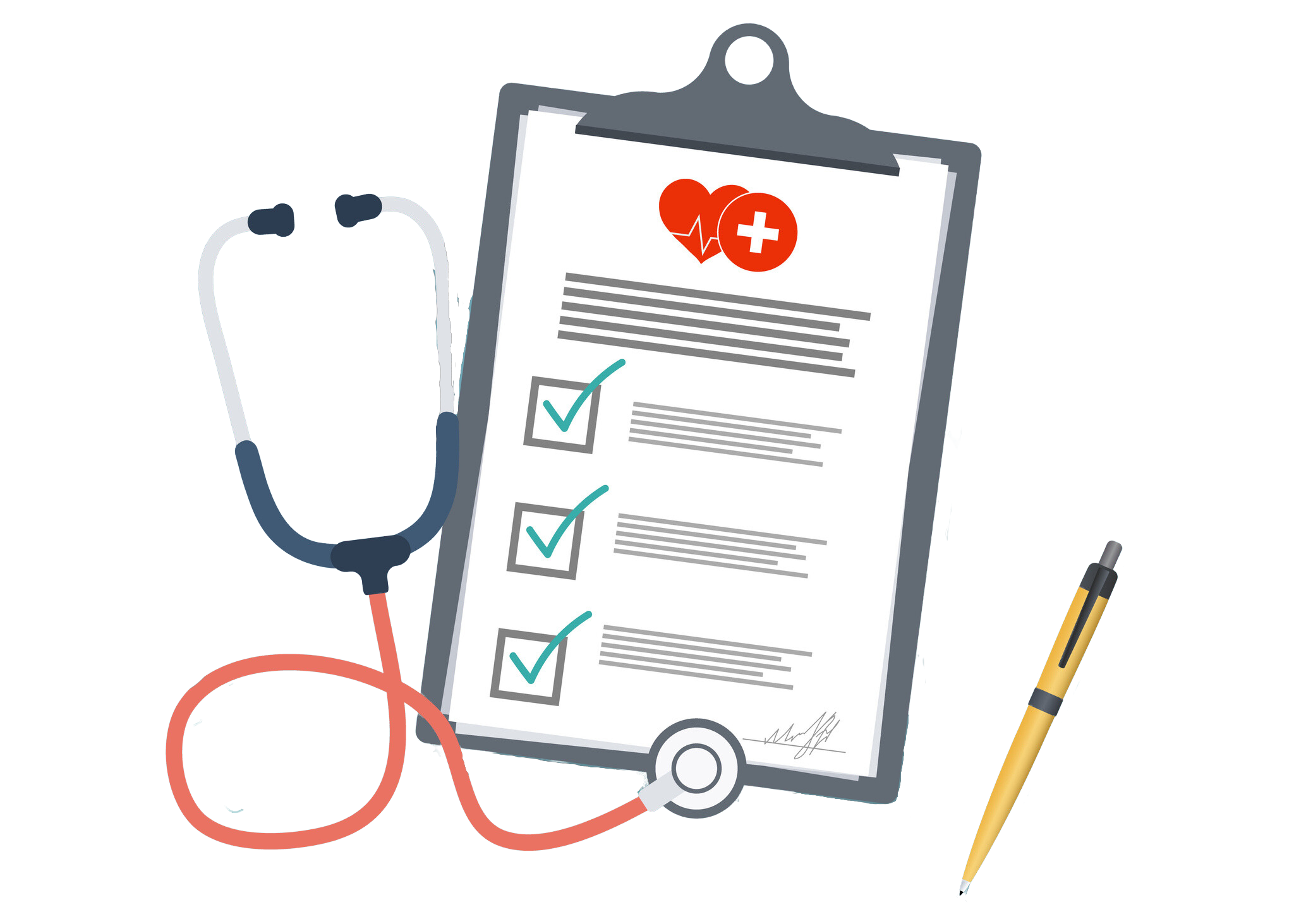Self Reports
Why is self-reporting important?
Why is self-reporting important?
Paramedic self-reporting is a valuable tool that supports the well-being of paramedics, improves patient care, and drives continuous improvement. By encouraging open and honest communication, fostering a culture of trust, and promoting self-reflection, self-reporting empowers paramedics to contribute to their own professional growth, while positively impacting the practice of pre-hospital and transport medicine. This process fosters a proactive approach to quality assurance and mitigating risk, leading to enhanced patient care and overall system performance.
What information is needed to complete a self-report?
What information is needed to complete a self-report?
Please have the following information available prior to completing a self-report:
- Paramedic Name
- Paramedic Oasis Number
- Paramedic Service and Email
- Call Date
- Run Number
Please also provide a description of the event and any self-remediation that has taken place.
Indicate if you require a response regarding your self-report, this will be completed by a pre-hospital care specialist or a local medical director.
What can be self-reported?
What can be self-reported?
Self-reports may include, but are not limited to:
- Medical directive variances
- Documentation omissions
- Patch failures
- Critical incidents
- Near-miss events
- Acknowledgement of an exceptional call
Self-reports may also be submitted for any challenge a paramedic may have encountered during a call that they would like to articulate further.
We also encourage self-reporting for calls where clinical excellence (by a colleague, partner, etc.) has occurred. At SWORBHP, we like to provide kudos to paramedics when they display exceptional clinical judgement on a call, and self-reporting is the only way we can identify when this occurs.
The self-report portal is also utilized for service leads, base hospital physicians, and external stakeholders that may request a review of a specified call.
How to submit a self-report:
How to submit a self-report:
The primary method to submit a self-report is through the online communication form (found below), this allows you to quickly and securely send information regarding the call details. When this method is utilized, you can expect a confirmation email acknowledging your self-report has been received.
When the primary method is not available or accessible, please proceed to our Secondary Method through the SWORBHP hotline (1-888-997-6718). All of the relevant details listed above are still required and should be communicated when leaving a message.
Please allow time for our quality assurance team to review your call and self-report details. If a response has been requested, our team will reach out to you in a timely manner.
What will happen following a self-report submission?
You will receive an acknowledgment that the call has been successfully received, this will be found in the email provided on the communication form.
The self-report will then be peer-reviewed by one of our quality assurance specialists and the local medical director. If there are no further concerns and the paramedic has not requested a response, the case will be closed.
If the peer review finds further concerns related to the call that have not been addressed within the self-report, you may be asked to participate in providing further feedback, education, or self-remediation.
If you have requested a response, our team will reach out with any additional information requested or with points of consideration related to the call for your review.










